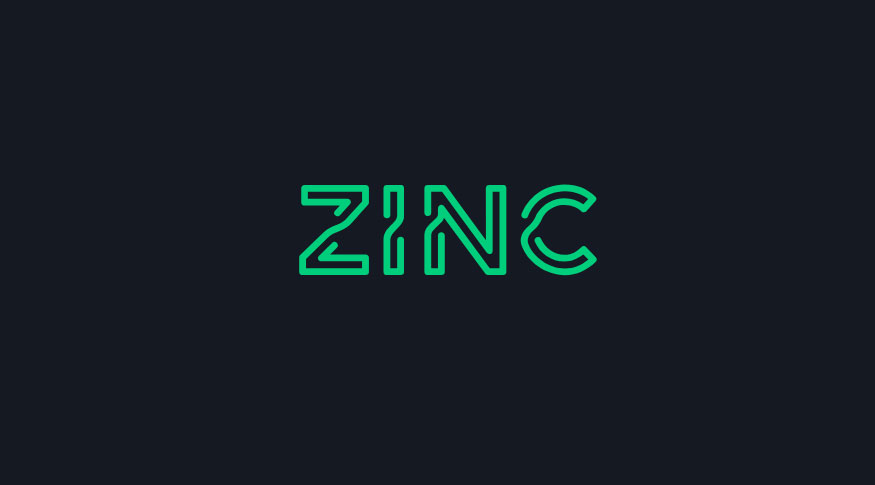Zinc, the blockchain-based hiring platform, today launched a new protocol for decentralized identity based on models ERC-725, ERC-105, and ERC-1078.
With the potential to take decentralized identity mainstream, Zinc’s new model has been tested by leading blockchain companies ahead of its full product launch in September.
Zinc’s innovations stem from three models, including ERC-725, developed by Zinc advisor, Fabian Vogelstellar. The new protocol combines ideas from leading identity provider uPorts ERC1056 standard and proposes a new identity protocol.
Following Alex Van De Sande’s (Ethereum Foundation) new ERC1078 implementation, which calls for a standard approach to logins, Zinc’s work-based dApp is straightforward and will be free to try for the first 10,000 users.
Building from these standardized systems, Zinc has created an individual identity contract and a framework for decentralized logins. Combined, these developments make personal identity management on the blockchain easy to use, it is now accessible to everyone.
“Zinc is helping to realise the self sovereign identity vision and hopes to make this accessible to all. We will deploy individual contracts for every user and will use a signed message relay to save users any cost. Work proofs from Zinc will be updated in this contract if users choose to attach them to their identity and then any Web3 application can read/write to this contract and ask for proofs without the real data ever being shared. We’re hoping the work proofs from Zinc can be useful across other applications like house rental or loans. They are built in such an open fashion that the individual owner can attach claims from any other Web3 issuer.”




















